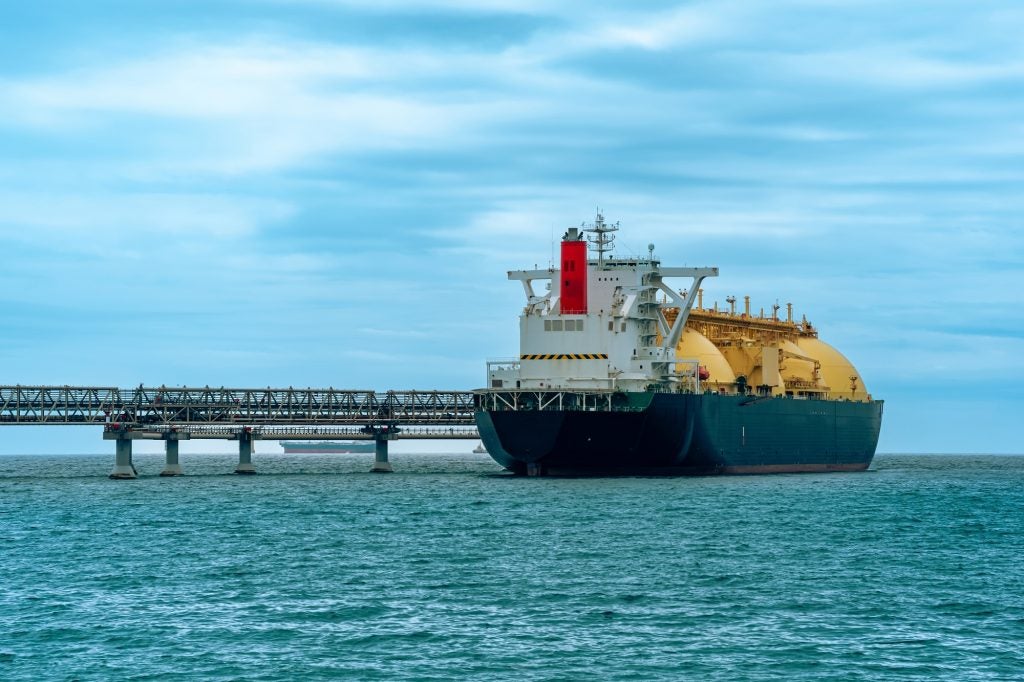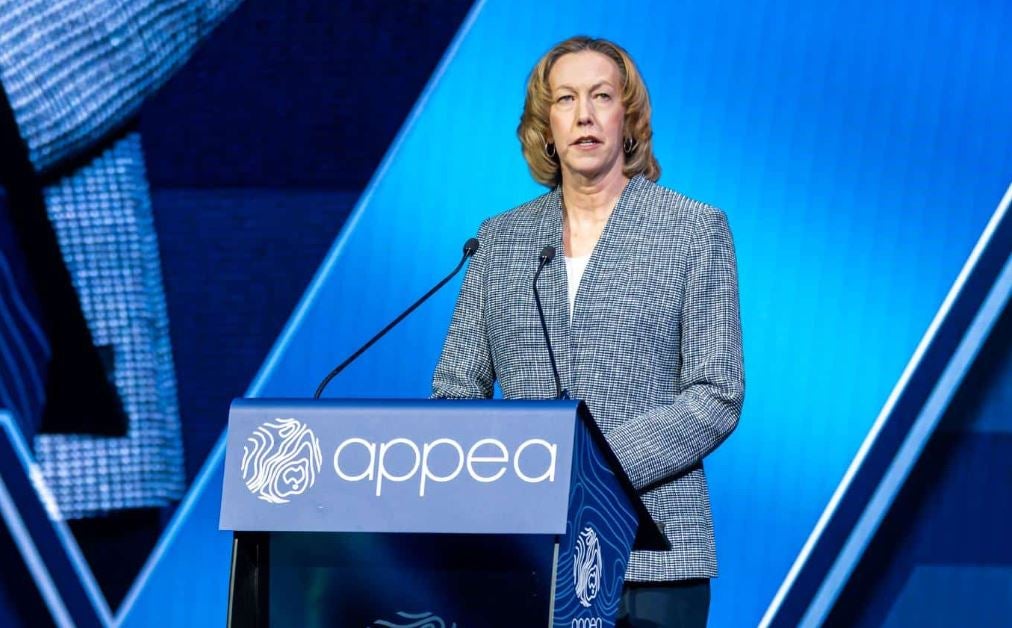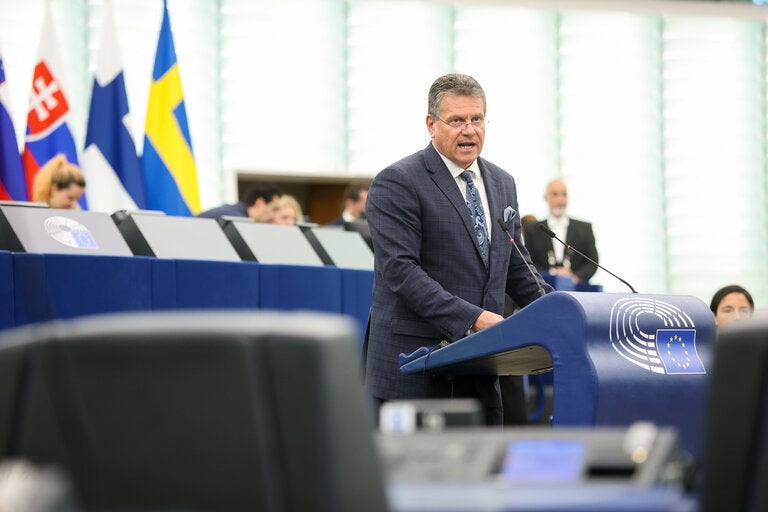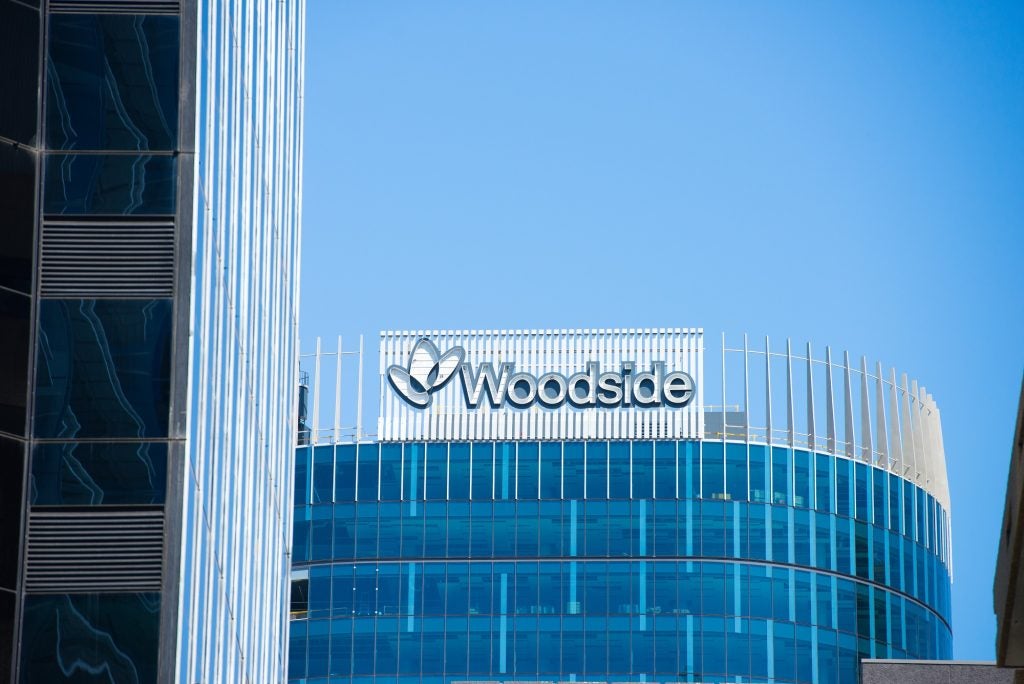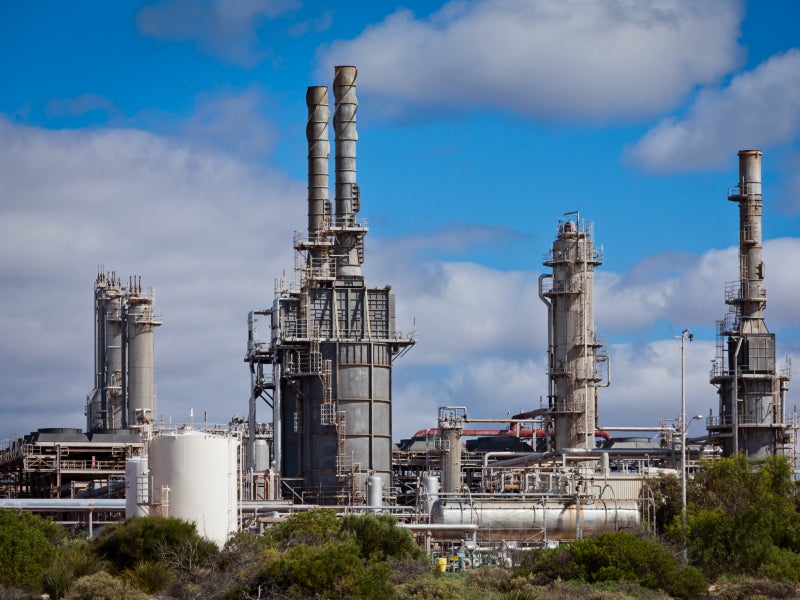
Woodside Energy Group said it was open to exporting gas from the Greater Sunrise project to East Timor via an onshore liquefied natural gas (LNG) export terminal on Thursday.
In an investor meeting on Thursday, Meg O’Neill, CEO of Australian oil and gas operator Woodside Energy, introduced the underdeveloped Sunrise and Browse gas projects, emphasising the long-term need for gas in Asia.
O’Neill said at the briefing: “So the Timorese are very keen to have [technological] development in the country. And we recognise it’s an important national project for them. So we feel like it’s appropriate to reopen the concept evaluation, understand the technologies, understand the technical challenges.”
Woodside executives have previously preferred to transport gas from the Sunrise project to Darwin, in Australia’s Northern Territory, where two LNG plants are already in the works, Argus Media reported. It mentioned that several political changes this year have shifted Sunrise’s outlook to make it unviable for the company.
According to Energy Voice, when East Timor’s current administration took office in 2020, it began reconsidering the country’s petroleum development ambitions. This included the Greater Sunrise project after finding the economic analysis underlying the proposed projects unviable.
However, earlier this month, Jose Ramos-Horta’s victory in East Timor’s presidential runoff election against incumbent President Francisco “Lu-Olo” Guterres changed the outlook for the onshore greenfield LNG project.
The Sunrise project lies between East Timor and Northwest Australia. Despite the distance, the company argued that the resource development by transporting gas to Darwin presents a cheaper option than transporting it to East Timor, as the Australian city has ports and LNG infrastructure.
The government of East Timor sees Sunrise, the largest untapped gas reserve under its control, as a nation-building initiative that it will use to develop the infrastructure needed for gas production.
Woodside previously stated that LNG export facilities onshore in East Timor would be “commercially unviable”. The Australian operator announced earlier this year that it might only participate in the upstream portion of the project, allowing East Timor to cover the costs of the onshore export facility and pipelines. At the time, these were estimated around $14bn.


